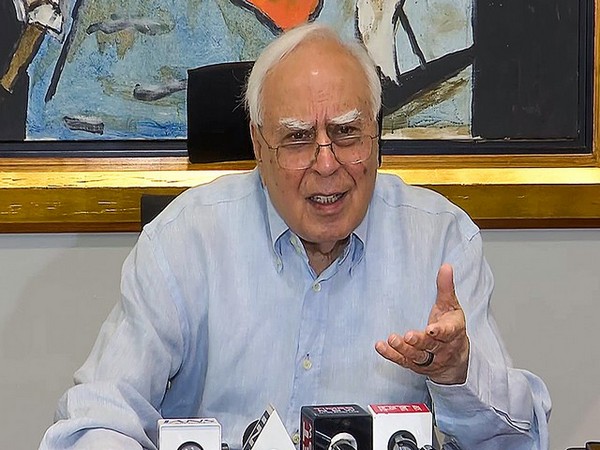Supreme Court's Landmark Interventions Reshape Judicial Landscape
Rajya Sabha MP Kapil Sibal commended the Supreme Court's decisive action to stabilize democracy. The SC restrained courts from deciding on religious structure disputes and expressed concern over Section 498A's misuse. These actions highlight the judiciary's crucial role in addressing controversial legal and social issues in India.

- Country:
- India
In a significant move that underscores the judiciary's instrumental role in shaping India's democratic fabric, Rajya Sabha MP Kapil Sibal lauded the Supreme Court for its proactive stance. On Friday, Sibal remarked via a social media post that when judges take decisive actions, they forge milestones in the nation's history.
The Supreme Court recently imposed restrictions on the authorization of orders by courts concerning ongoing disputes over religious structures. A bench led by Chief Justice Sanjiv Khanna, along with Justices PV Sanjay Kumar and KV Viswanathan, directive ensures that no new litigation will be pursued while debates on the Places of Worship (Special Provisions) Act, 1991, are under judicial review.
Further, the court reflected its intent to curb the misapplication of laws. It expressed concerns over the misuse of Section 498A of the IPC, addressing instances where the law against domestic cruelty might become a tool of personal vendettas. A bench quashed a case where Section 498A was allegedly exploited for personal grievances, setting a precedent for future legal interpretations.
(With inputs from agencies.)
ALSO READ
High Court Orders SIT Probe in Campus Assault Case
Court Orders CCTV Footage Preservation in Controversial Rape Case
Calcutta High Court Orders Report on Purba Medinipur Blast During Elections
Supreme Court Orders Probe into 2019 Illegal Demolition
Supreme Court Orders Probe Into Mukhtar Ansari's Jail Death










